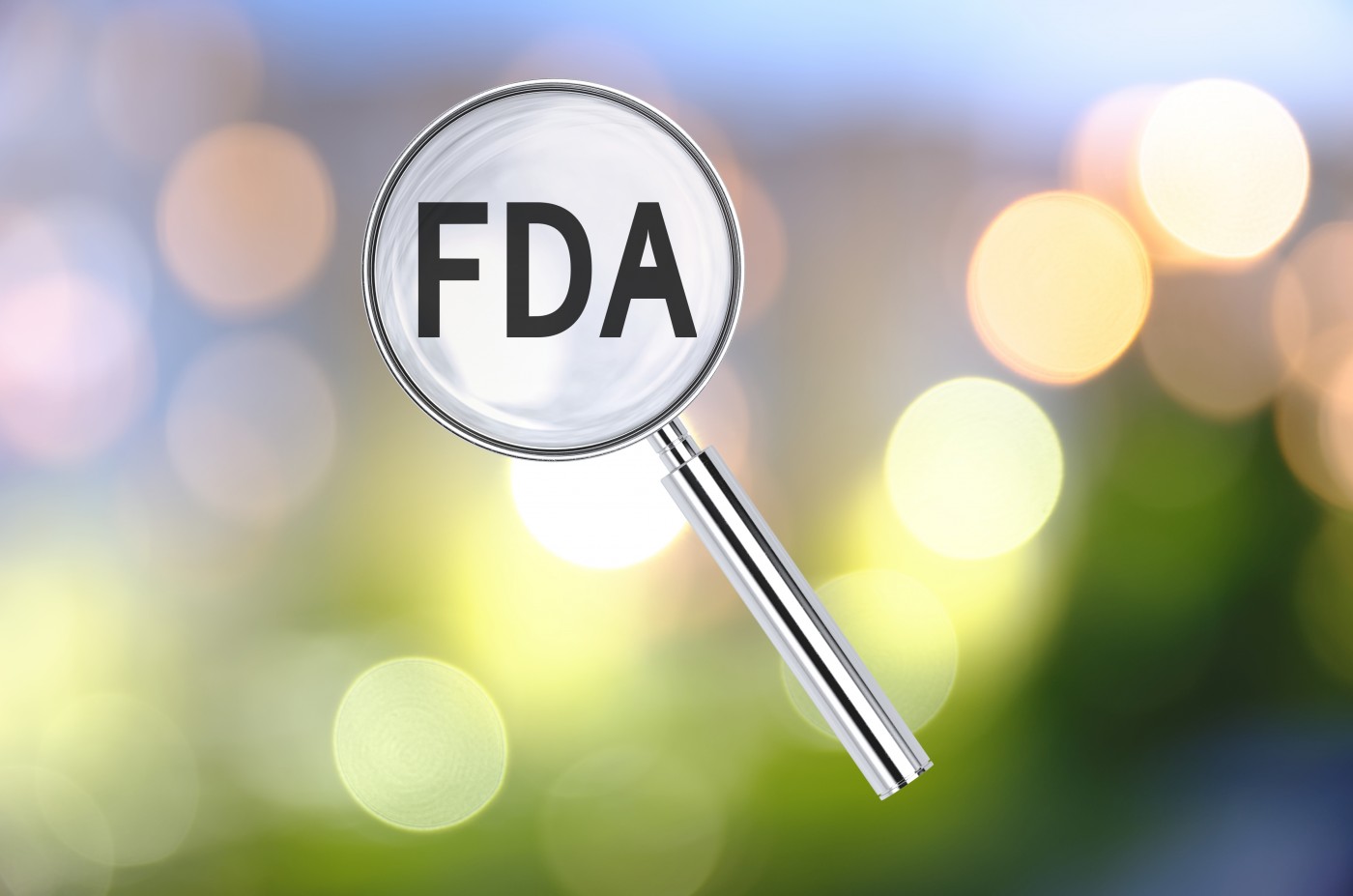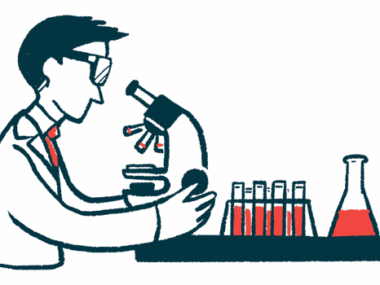INV-101 Granted FDA Rare Pediatric Disease Designation
Written by |

Inversago Pharma‘s INV-101 has been granted rare pediatric disease (RPD) designation by the U.S. Food and Drug Administration for the treatment of Prader-Willi syndrome (PWS).
This designation is given to potential medications targeting serious diseases that primarily affect less than 200,000 Americans ages 18 or younger. If the medication is ultimately approved, Inversago would receive a voucher for priority review of any related marketing application, which the company can use itself, or sell or transfer.
“The RPD designation is an important recognition for Inversago, highlighting the potential role of our lead program in the treatment of young patients affected by Prader-Willi syndrome,” François Ravenelle, PhD, CEO and founder of Inversago, said in a press release.
INV-101 works by binding to the cannabinoid-1 (CB1) receptor and causing an opposite reaction to the one seen with activator molecules. This means it is an inverse agonist of the CB1 receptor.
Research published last year has indicated that the CB1 pathway is activated in metabolic disorders. A prior study, from December 2016, showed PWS patients have higher-than-normal levels of a molecule, called 2-arachidonoylglycerol, that activates CB1. Blocking the CB1 pathway in a mouse model of the disease reduced body weight, reversed hyperphagia or excessive eating, and improved obesity-related metabolic parameters, that study showed.
The investigational medication acts peripherally, meaning it targets receptors outside of central nervous system (CNS), comprised of the brain and spinal cord. This is expected to reduce the risk of CNS-related side effects, which have been reported with inhibitors of CB1.
“PWS patients have an overactivated endocannabinoid system, which leads to excessive weight gain, hyperphagia and neurodevelopmental symptoms,” said Glenn Crater, MD, Inversago’s chief medical officer.
“As such, developing safe, peripherally-acting inverse agonists of CB1 receptors offers the potential to address many of their significant and unmet medical needs,” Crater added.
A Phase 1 clinical trial (NCT04531150) is currently testing the safety and tolerability of INV-101 in healthy volunteers. The study also is assessing the medication’s pharmacokinetics profile — that is, how it moves into, through, and out of the body. Participants currently are being recruited in Montreal; additional information and contacts can be found here.
Inversago recently announced that it had raised $35 million in financing to advance the development of INV-101 and other investigational medications.





